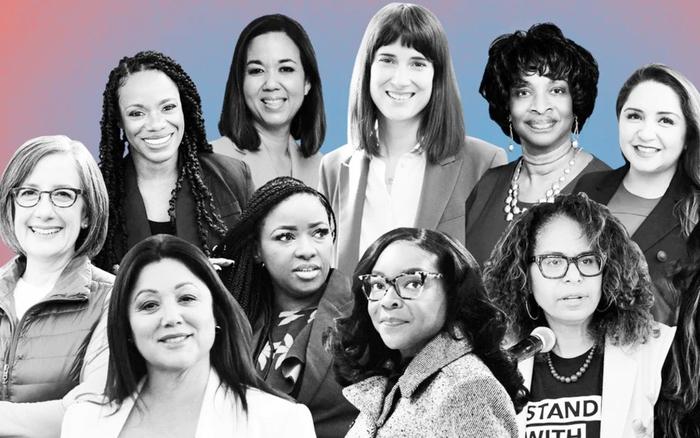In recent years, public frustration with the United States Congress has reached a boiling point, and for many citizens, this frustration stems from a growing perception that some of the individuals elected to represent the nation may not be intellectually or ethically equipped for the responsibility. The often-heard sentiment that “some of the dumbest people in this country are in Congress” may sound harsh, but it reflects a growing concern over the declining standards of political discourse, decision-making, and leadership within the U.S. legislative branch.

This statement doesn’t imply that all members of Congress lack intelligence or ability. There are numerous well-informed, highly educated, and dedicated lawmakers on both sides of the aisle who genuinely strive to serve their constituents. However, the problem lies in the increasing visibility—and in some cases, influence—of elected officials whose behavior, policy positions, or public statements have led many Americans to question their competence and judgment.
Social media has amplified this issue. Platforms like X (formerly Twitter), TikTok, and Facebook have allowed members of Congress to bypass traditional media filters and speak directly to the public. While this can foster transparency, it has also led to countless viral moments that showcase lawmakers making inaccurate, uninformed, or downright embarrassing statements on critical issues. These clips often spread quickly, fueling perceptions that the bar for public service has been drastically lowered.
One example is the widespread misunderstanding or misrepresentation of scientific facts, economic principles, or constitutional law by some lawmakers during hearings and public addresses. Whether it’s misquoting historical events, confusing basic legal terms, or failing to grasp how legislation works, such moments not only erode public trust but also hinder the effective governance that American democracy depends on.
Part of the issue stems from the current political climate, which often rewards charisma, outrage, and media presence over policy expertise and long-term thinking. In a landscape where campaign success increasingly depends on fundraising and attention-grabbing soundbites, the incentive to behave responsibly and thoughtfully has diminished. Some members of Congress seem more focused on going viral than on governing, treating their positions more like reality TV roles than serious public service.
The rise of political tribalism has also contributed to this problem. In an environment where party loyalty often outweighs critical thinking, there is little room for honest debate or policy nuance. Lawmakers can espouse simplistic, factually incorrect views without serious consequence, as long as they echo the sentiments of their base. This can create a feedback loop where misinformation and shallow rhetoric are rewarded, and more thoughtful, bipartisan problem-solving is sidelined.
Unfortunately, this dynamic has real-world consequences. Poorly informed or performative lawmakers can delay or derail important legislation. They can distract from pressing national issues with stunts or conspiratorial claims. In some cases, they can even exacerbate crises by spreading false information or resisting science-backed solutions, as was seen during the COVID-19 pandemic and debates over climate change.
The result is a Congress that, at times, seems disconnected from the complexities of the modern world. Instead of leading with vision, too many lawmakers rely on slogans, oversimplifications, and partisanship. Instead of seeking compromise and progress, they engage in gridlock and grandstanding. And for many citizens, this dysfunction leads to a loss of faith not only in Congress but in the broader democratic system.
Public frustration is not unfounded. The approval rating for Congress consistently hovers at historically low levels, often below 20%. Polls show that Americans across the political spectrum believe their representatives are out of touch, more focused on personal gain than public service, and unwilling to work together for the common good. These perceptions are reinforced when lawmakers behave in ways that suggest a lack of seriousness, empathy, or basic understanding of the issues they are meant to address.
But all is not lost. The United States has seen low points in politics before, and reform is always possible. Voters have more power than they often realize. By staying informed, demanding accountability, and participating in the democratic process—especially at the local level—citizens can help ensure that Congress is composed of people who are not only intelligent but also genuinely committed to serving the country.

Education reform, campaign finance reform, and stricter ethical standards could also help raise the bar for who gets elected and how they behave in office. Media literacy is another crucial tool, enabling the public to separate performative politics from genuine leadership.
In the end, the statement that “some of the dumbest people in this country are in Congress” reflects a painful but increasingly common observation. It is a call not just to complain, but to engage—to demand better from elected officials, and to expect more from the institutions that shape public life. The American experiment depends not only on the structures of democracy but on the wisdom and character of those entrusted to lead it.






